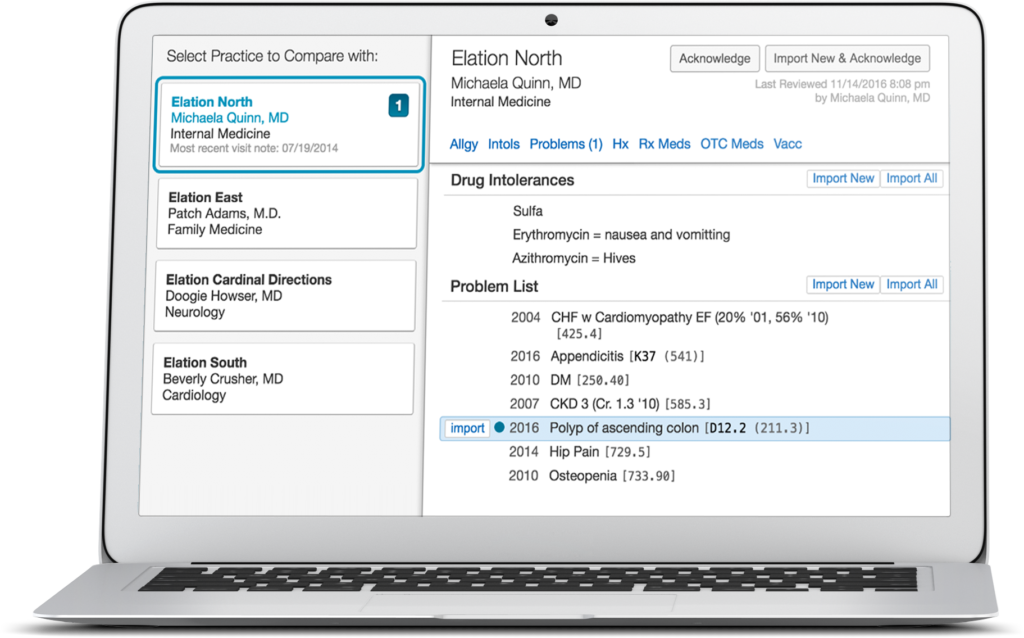What are the clinical tools independent physicians need for value-based care?

The transition from fee-for-service to value-based care requires physicians to be prepared with the right tools. A survey conducted in mid-2016 showed that “only 29 percent of polled physicians stated that they have the tools necessary to function effectively in the world of value-based care payments.” Primarily, these tools consist of the right technology needed to manage patient information and to coordinate care with other providers.
Primary care physicians need information at their fingertips, to gauge the quality of their patient care and to be able to report results. The electronic health record (EHR) is an important tool for physicians to have and to use correctly. To be truly effective, EHR systems must be interoperable. They must talk to each other for true coordination of care to occur. Patients with chronic or complex conditions, in particular, may see multiple physicians, so the primary care provider must have immediate and accurate access to those patients’ medical information to provide quality, value-based care.
A tool such as Elation’s Collaborative Health Records (CHR) is designed to provide physicians with on-demand access to patient information from any provider in their network. CHR gives providers visibility into their patient’s complete care record for more accurate reporting on clinical quality measures and compliance for value-based reimbursement.
Physicians do not necessarily need more data; rather, they need access to the data that will impact them and their patients. They need tools that will help them communicate with their patients and with other providers. And, they need to see the patient’s medical information, including visit notes, diagnoses, and medications, in one click, rather than spending time combing through paperwork or waiting on requested information. Current and accurate data can make all the difference in a patient’s care and in a physician’s ability to provide value-based care.
